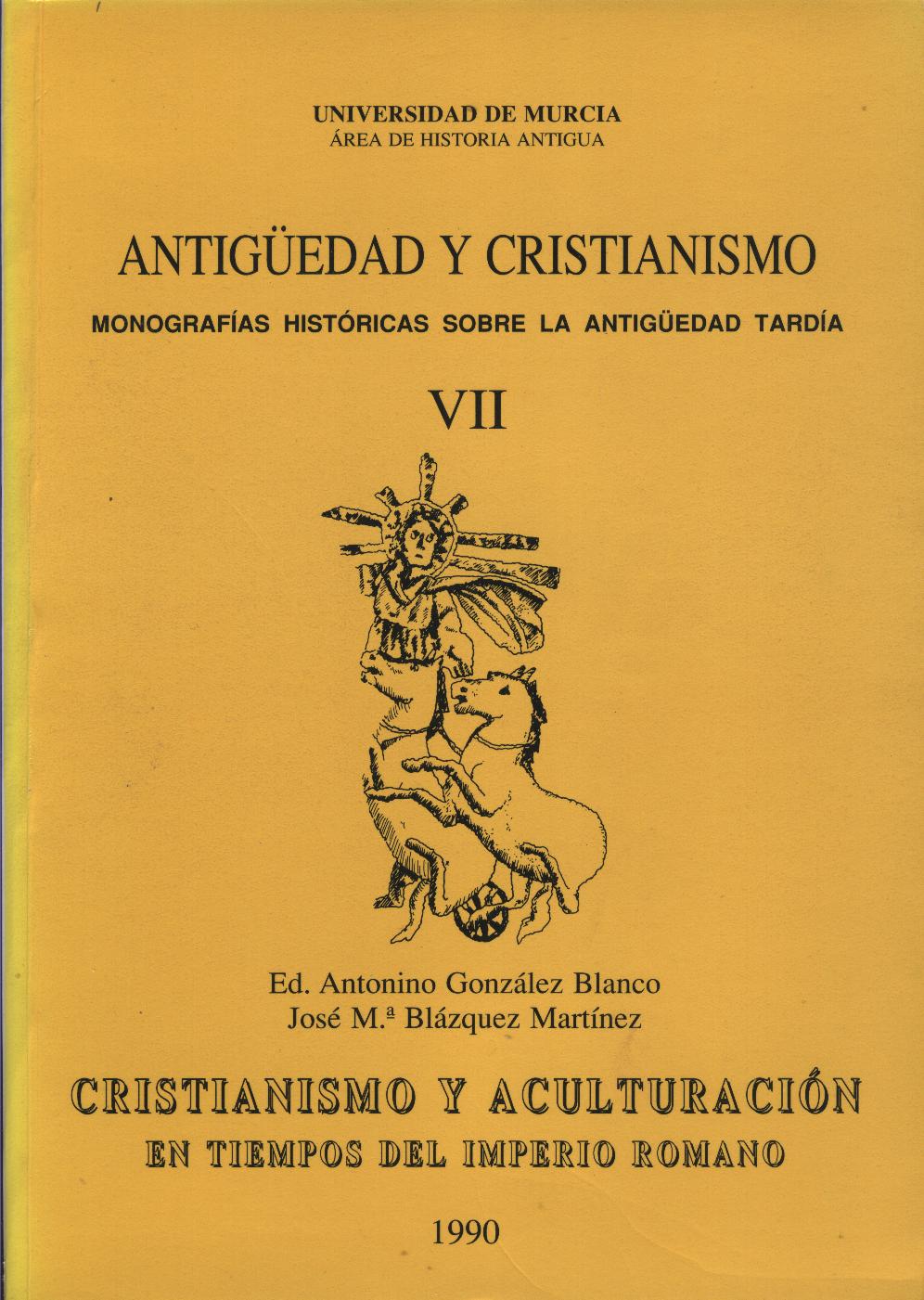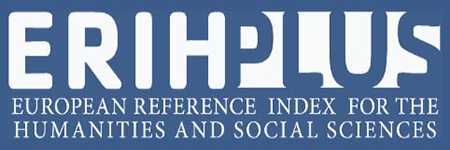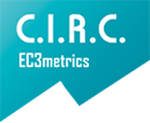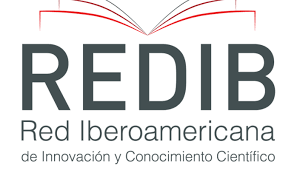Los argumentos de Orosio en la polémica pagano-cristiana
Abstract
In his HISTORY, Orosius attacks the pagans, developing some arguments that we study here. He compiles from other author's works the misfortunes that took place in history and compares them with the ones of his time, affirming that the former are seen as less grave for having become literary topics. He rests importance to the fall of Rome in 410 and fills the narration with providential facts. He also defends the antiquity and universality of Christianity, as well as the unity of the history of all the humanity, which he articulates around the theory of the four Monarchies of Daniel. The Roman Republic is deprived of its myth but he appraises Augustus'monarchy, integrating some pagan concepts in the Christian vision of history. He finally demonstrates that Christianity is not the cause of the decadence of Rome because the Empire itself is the product of Christianity.
Downloads
-
Abstract370
-
PDF (Español (España))602
1. The authors non-exclusively assign the exploitation rights (reproduction, distribution, communication and transformation) to the magazine.
2. The works published in this magazine are subject to the Attribution-ShareAlike 4.0 International license (CC By SA 4.0). Therefore, they can be copied, used, disseminated, transmitted and publicly displayed, provided that:
i) the authorship and the original source of its publication (journal, editorial and URL of the work) are cited, thus allowing its recognition.
ii) it is allowed to remix, transform or create from the material while maintaining the same license as the original.
Note: Articles prior to 2022 incorrectly display the CC by SA license in the abstract page. They are under a CC by NC ND license as embedded in the article pdfs. Articles published in 2022 and after are under the CC by SA license.

3. Self-archiving conditions. Authors are allowed and encouraged to electronically disseminate the pre-print (version before being evaluated) and/or post-print (version evaluated and accepted for publication) versions of their works before publication, as it favors their publication. Earlier circulation and diffusion and with it a possible increase in its citation and reach among the academic community. Color RoMEO: verde.
























